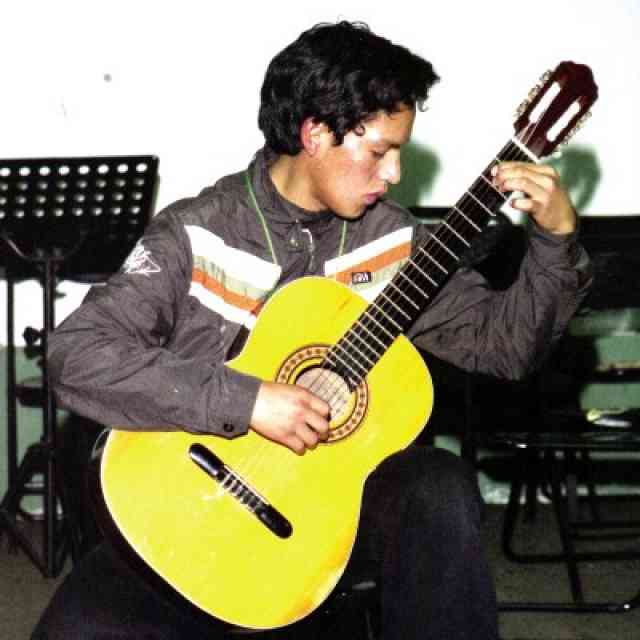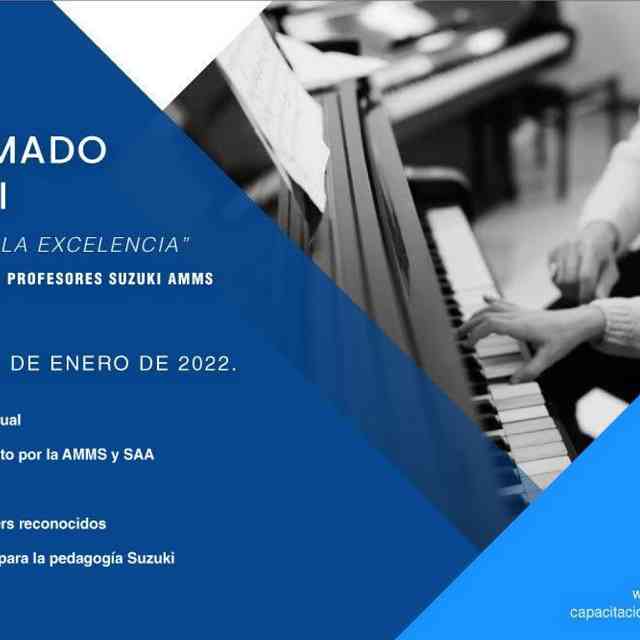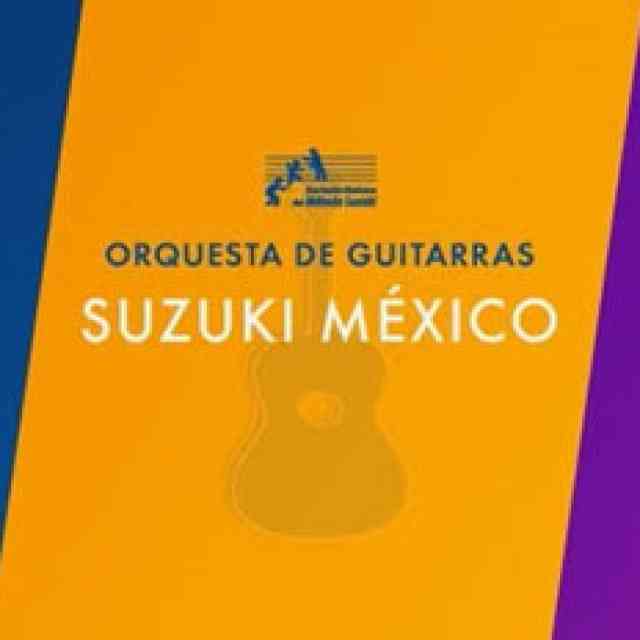Apulli, seven years old and bright-eyed with excitement, ran home to take out his older brother Llalliq’s music for Book 2, and gleefully exclaimed, “Now I can read music!”
He had just returned from participating in Carolina Fraser’s class, “How to Teach Reading Music in a Natural Way,” given in Cusco, Peru, September 8, 9, and 10.
I was privileged to be one of the teachers observing Caroline’s eloquently simple, fun, and supremely effective teaching strategies. For all of us in the “Cultural Association Qantu” (an affiliate of the Suzuki Association in Peru) which organized the course for local Cusco teachers, the course was wonderful and inspiring. For the non-Suzuki teachers who attended the course, I think it was mind boggling. Caroline’s natural and flowing teaching style was a delight to watch, it showed complete respect for the students, their levels of technical ability, and their level of attention as well. For teachers trained in the Peruvian education system, I think it was especially eye opening to see a teacher flow so naturally with their students and talk so little! I intentionally avoid using the word patience here, because patience leads one to believe that what the person is doing involves a lot of effort. Caroline’s teaching seems effortless and is joyful as well, which is contagious for the students and the teachers who are learning from her.
Almost constantly singing her instructions, if there were any at all, Carolina led the students through a series of engaging activities that eventually led them to be practically reading music within a one and a half hour class. With good reason Apulli was so excited at the end of the class! Walking, clapping, singing, laughing, the children progressed from writing their names on the board to putting written music together correctly for much beloved songs. One of the key points of the class, which was to engage the young musicians in being active learners who learn by doing as opposed to being passive recipients of information, was clearly understood by all. Carolina taught in such a way that learning to read music became as easy and natural as breathing.
When Flor Canelo, Coordinator of the Suzuki teachers in Cusco, met me at the airport she told me, “We have a big problem.”
“Oh dear,” I thought, “What has happened?”
She responded, “All the children want to play.” What a wonderful problem! I had arrived in Cusco to give a course on music reading. Every night after the course, and on the night prior to the course, we were treated to a wonderful concert of music: solos, duos and ensembles. All the children played: the pianists, violinists, guitarists, flute players, recorder players and singers! The final concert was a gala event with the children’s orchestra and choir performing Andean music on Western and traditional instruments.
Flor let me know that in Cusco they are looking for a cello teacher. This is a group of teachers who are working together with true Suzuki spirit and camaraderie. In addition, there is a Cusco Youth Orchestra which is in need of cellists! If you are a cello teacher with SAA training and teaching experience, and are interested in an extended stay in this charming city high in the Andes, close to the famous ancient Inca ruins of Machu Picchu, consider sharing your expertise and love of music with eager children. You can contact Flor at [javascript protected email address] . What a wonderful opportunity for personal growth and adventure!








